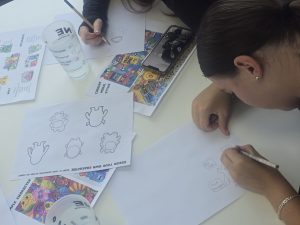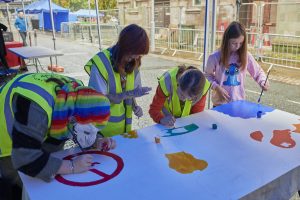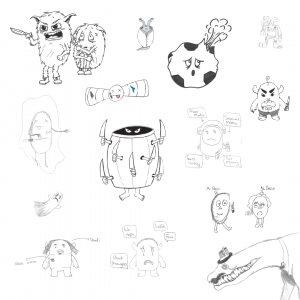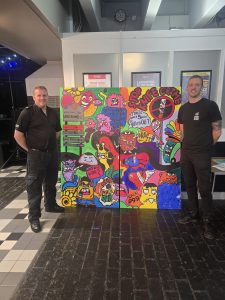Drop the knife
Drop the Knife: Raising Awareness Through Art, Education & Community Action
Knife crime is real. It’s happening in our towns, our streets, and sometimes even within our friendship groups. But here’s the truth: carrying a knife won’t keep you safe. In fact, it’s far more likely to put you — and the people around you — in danger. Drop the Knife
Why Young People Carry Knives
Everyone’s got their reasons — or at least, they think they do. Young people think that some people carry knives because:
-
They feel unsafe and think it’ll protect them
-
They’re feeling peer pressure — trying to fit in or look “hard”
-
They believe it’ll give them respect or status
-
They’ve seen friends, family, or influencers doing it
But here’s what you need to know: carrying a knife increases your risk of getting hurt, not lessens it.
The Reality You Don’t See
Let’s break down the facts:
-
Boys aged 14–24 are most at risk — both as victims and offenders.
-
The average age of victims is 16.
-
7 out of 10 young people treated in A&E for knife injuries were hurt by their own knife.
-
If you get stabbed in the wrong place, you can bleed out in under 5 minutes.
-
Getting caught with a knife can mean prison — even if you never use it.
So the question is: is it worth the risk?
About the Project, Drop the Knife:
Over the past 6 weeks, we’ve delivered six interactive workshops with young people across Preston, designed to raise awareness about knife crime while giving them the tools and space to share their voices. We partnered with Preston North End Community Education Trust (PNECET), supported by funding from the Police and Crime Commissioner, to deliver a powerful anti-knife crime project that blends education, creativity, and community engagement.
Here’s what the project involved:
- Police-Led Awareness Talk – Local police officers joined the project to deliver an interactive anti-knife crime session, helping young people understand the legal consequences, personal risks, and ways to stay safe.
-
Character Design Workshops – Young people worked together to design a mural that reflects their thoughts, ideas, and messages about knife crime.
-
Co-Creation Process – Using the young people’s sketches, ideas, and characters, Mr. Doodley brought their visions to life, ensuring the final design truly represents their voices.

- Community Mural Painting – Together with Mr. Doodley, the young people painted the mural as part of the Encounter festival.
This hands-on, youth-led approach empowered participants to shape the conversation while raising awareness in their community.

What young people said about Drop the knife
Throughout the workshops, young people shared honest, powerful
messages for their peers:
“Drop the knife—because you could hurt yourself or someone else.”
“If you don’t, go home and tell someone—don’t keep it a secret.”
“Think twice—you could end up in prison.”
They also offered simple, practical advice for staying safe:
-
Call the police if you feel threatened
-
Walk away — you don’t have to prove anything.
- Talk to someone — a parent, teacher, youth worker, or friend.
-
Run away from danger if you can
-
Phone someone you trust and talk about what’s happening
There are always safer choices than carrying a knife.
It’s Not Just About You
Knife crime doesn’t just affect one person — it affects everyone:
-
Victims who lose their lives or face life-changing injuries
-
Families living with grief or trauma
-
Communities who lose their sense of safety
-
You — if you get caught, injured, or end up in prison
One decision can change everything.
Positive Paths Exist
Your life isn’t defined by fear, violence, or bad choices.
There are better ways to:
-
Build confidence
-
Earn respect
-
Find belonging
-
Express yourself
Get involved in local youth projects, creative workshops, sports, music, and opportunities that set you up for a future you want.
Find a new crowd, new friends, and explore all that life has to offer.
Your Choices. Your Future.
Carrying a knife doesn’t make you safer. It makes you more likely to get hurt, get caught, or ruin your future.
You’ve got options. You’ve got support. And you’ve got people who care.
Drop the knife
Support & Helplines:
-
Childline – 0800 1111 – www.childline.org.uk
-
Fearless – Report crime anonymously: www.fearless.org
-
Knife Free – Learn more: www.knifefree.co.uk


